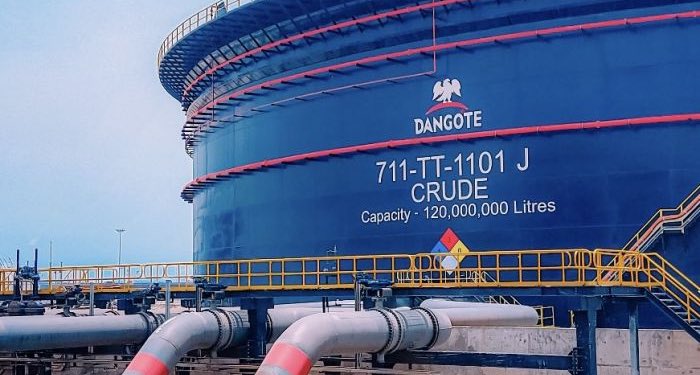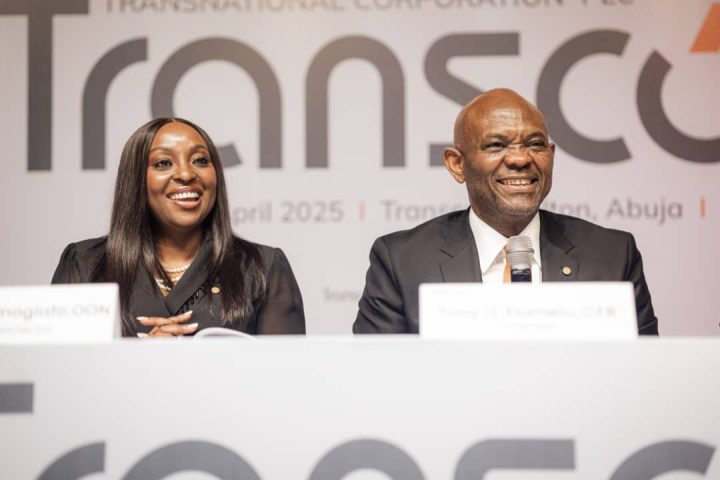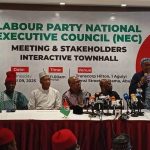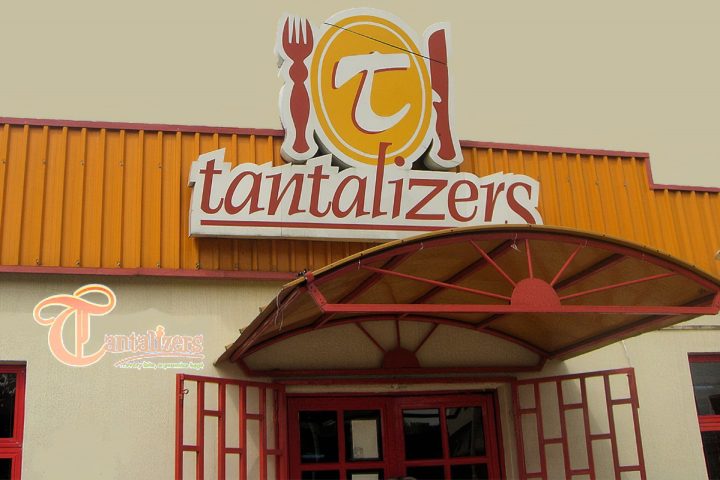In a presentation of the budget breakdown by the Minister of Budget and Economic Planning, Abubakar Atiku Bagudu, it was highlighted that this allocation pales in comparison to the World Bank’s estimated annual requirement of N3.7 trillion to eradicate poverty in the country.
Join our WhatsApp Channel“The budget’s meager allocation to poverty reduction overlooks the urgent need to address the dire situation of 133 million multi-dimensionally poor Nigerians,” remarked analysts, emphasizing the necessity for a more financial commitment to combat poverty.
READ ALSO: 2024 Budget: Tinubu Projects 33.5% Reduction In Deficit
While the Federal Government prioritizes security with 12% allocation (approximately N3.25 trillion) due to the prevailing security challenges, a mere 5% (about N1.32 trillion) is earmarked for infrastructure development despite the nation’s infrastructure deficit.
President Bola Tinubu defended the budget’s focus, stating, “The 2024 budget aims to complete critical infrastructure projects to alleviate structural economic issues and reduce living costs for Nigerians.”
However, critiques argue that the allocations seem to perpetuate a trend of favoring security over critical social and infrastructural needs. They expressed concerns that the rising poverty levels persist despite prior initiatives like the plan to lift 100 million Nigerians out of poverty.
Tinubu’s administration had promised an economic model centered on job creation, food security, and ending extreme poverty. Despite these assurances, recent policies such as the removal of fuel subsidies have disproportionately affected the poor and vulnerable.
In response to the escalating poverty, the Federal Executive Council approved a $5 billion annual trust fund for poverty alleviation, with 70% of funding expected from donor agencies.
Moreover, initiatives, including the National Social Safety Net Programme-Scale Up, have seen World Bank support amounting to $299.99 million.
The World Bank stressed the critical role of cash transfers in averting intergenerational poverty traps amid economic challenges, warning that 7.1 million more Nigerians could plunge into poverty without adequate compensation for policies like the fuel subsidy removal.
As Nigerians grapple with rising poverty rates, analysts urge a more comprehensive approach in the budget allocation, emphasizing the crucial need for investment in poverty eradication, social development, and infrastructure to uplift the country’s socio-economic landscape.
Emmanuel Ochayi is a journalist. He is a graduate of the University of Lagos, School of first choice and the nations pride. Emmanuel is keen on exploring writing angles in different areas, including Business, climate change, politics, Education, and others.



















Follow Us